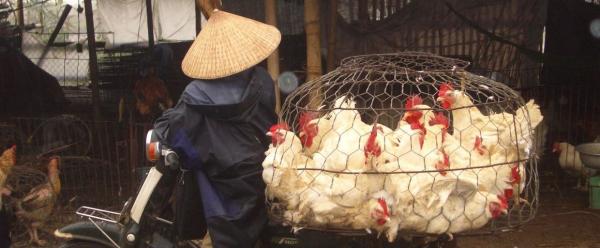Institutional news 21 January 2026
- Home
- Press area
- Press releases
- CIRAD's vision of the future for the sugarcane sector
CIRAD presents its roadmap for sustainable sugarcane growing

© CIRAD
Sugarcane is a tropical crop that offers a wide range of products: sugar, rum, ethanol, pharmaceuticals, paper, plastics, etc. It is increasingly being grown worldwide, and plays a crucial role in the economy of many territories, for instance in the French overseas regions, where it provides jobs and preserves arable land.
Sugarcane propduction quadrupled between 1960 and 2020, primarily due to strong demands in the energy, chemicals and pharmaceuticals sectors. This had various impacts on the territories concerned, such as displacement of communities, land tenure issues, and threats to food security.
In the light of climate change, the sugarcane sector needs to rethink its practices, on both a biophysical and a socioeconomic level.
In the summary of its roadmap, the CIRAD sugarcane value chain team presents its four ambitions to support the agroecological transition of a multifunctional sugarcane sector:
- Promote sustainable, agroecological sugarcane growing in the French overseas regions
- Help stakeholders complete the agroecological transition in Africa
- Use knowledge of sugarcane diversity and that of its parasites to ensure sustainable sugarcane growing
- Study the opportunities for multifunctional sugarcane
The sugarcane value chain at CIRAD is... thirty years of biotechnical data being used by around thirty scientists spread across ten research units.
Sugarcane production worldwide in 2021:
- More than 1.96 billion tonnes produced worldwide, on 27 million hectares
- 752 million tonnes produced in Brazil (36% for sugar, 64 % for ethanol).
- 405 million tonnes produced in India
- 131 millions tonnes produced in China
Production in France (2018, in the French overseas regions – Réunion, Guadeloupe and Martinique): 2,8 million tonnes.



























